April 2017
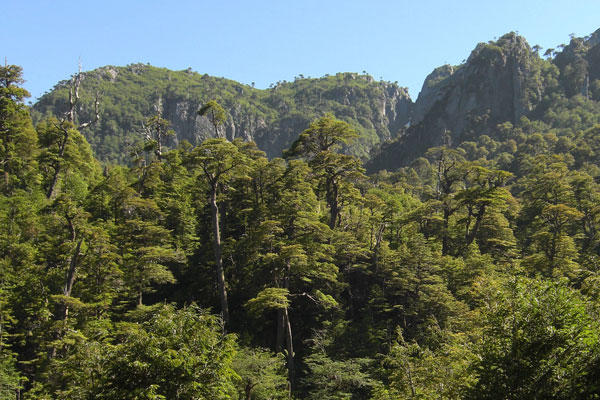
Chile Accesses Millions for Emissions Reduction
April 27, 2017
WASHINGTON, D.C. – April 25, 2017 – Chile became the first country to be fully accepted by the Carbon Fund and can now access millions of dollars for its efforts to reduce greenhouse gas emissions from forestlands through the implementation of its Emission Reductions Program. “Chile is leading the world and Winrock is thrilled to […]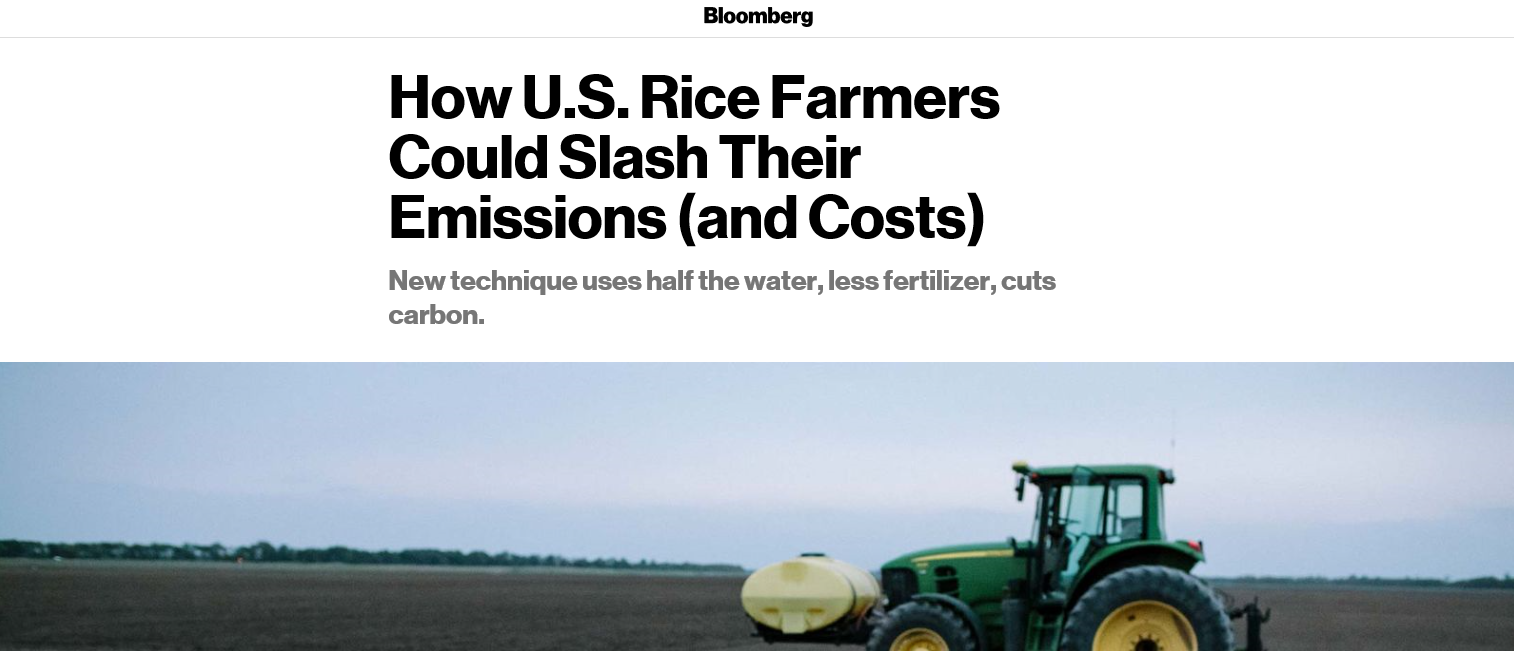
Bloomberg Features American Carbon Registry and Partners’ Work to Reduce Emissions from Rice Production
April 27, 2017
A new Bloomberg article features American Carbon Registry‘s work to reduce emissions from rice production. According to the article, Nature’s Stewards, a Winrock ACR partner under a USDA Conservation Innovation Grant, is changing the way rice is produced. “Nature’s Stewards is trying to provide evidence that Alternate Wetting Drying can make economic sense for rice farmers…” Read […]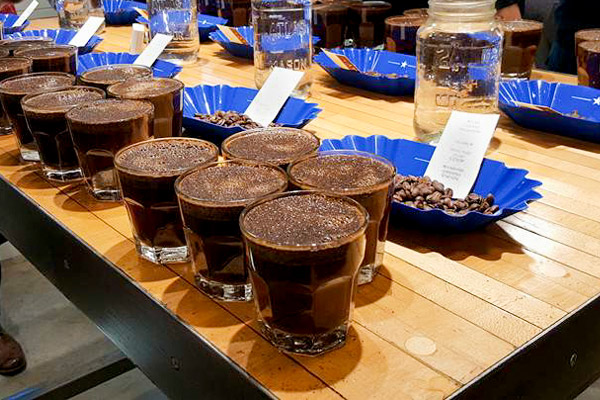
Burmese Beans Score Big at Coffee Expo
April 26, 2017
It’s early Friday afternoon, April 21, Day Two of the Global Specialty Coffee Association Expo in Seattle, and Winrock’s Senior Director of Agriculture and Enterprise Amanda Hilligas is talking very, very fast: “I’m feeling extremely lightheaded and caffeinated because there are hundreds of booths, and it’s the best coffee in the world, and you want to […]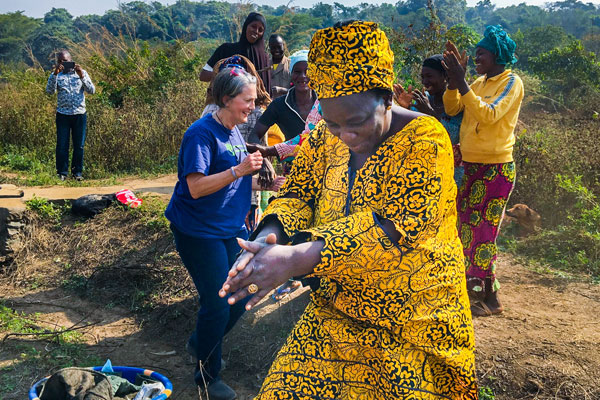
Winrock Volunteers Around the World – “We have the same heart”
April 26, 2017
Winrock hosts more than 200 passionate Farmer-to-Farmer (F2F) volunteers each year. They share their expertise with people around the world and play a direct role in improving livelihoods. Volunteers give their time and their knowledge but they also learn from the people and communities they assist. The Farmer-to-Farmer (F2F) Program promotes sustainable economic growth, […]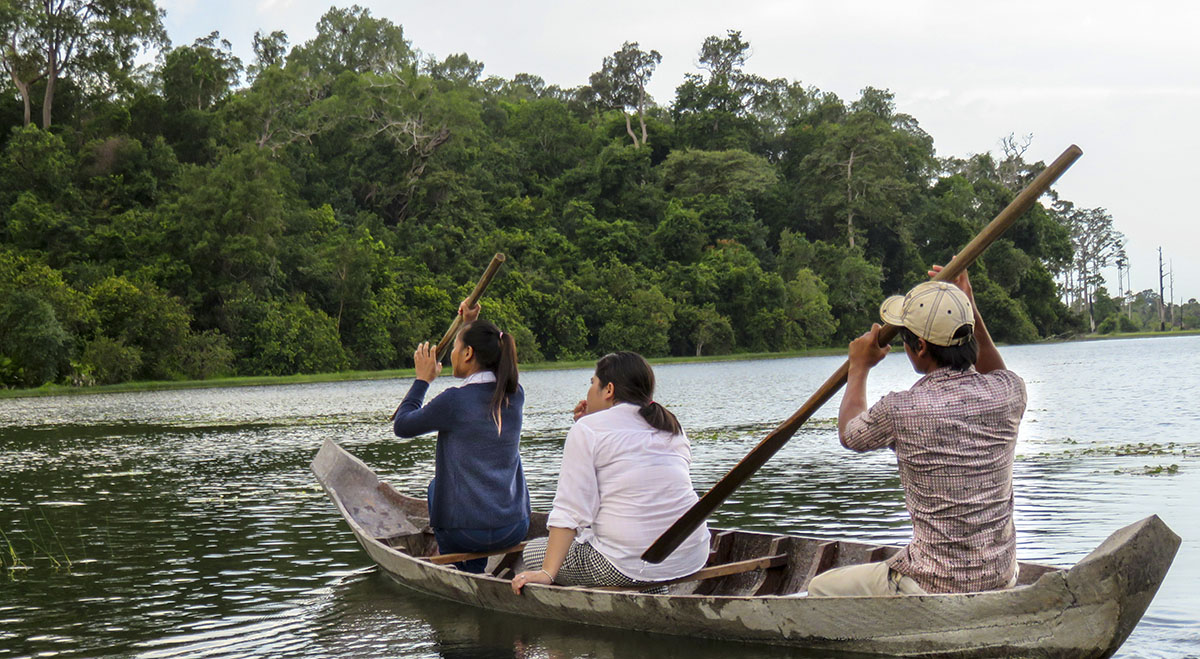
An Ecotourism Site is Born
April 25, 2017
In Cambodia’s Sandan region, a small cluster of villages is becoming a flourishing ecotourism site, thanks to the Winrock-implemented USAID Supporting Forests and Biodiversity Project (SFB). With its friendly guides, good food and family accommodations, Sandan is already well-placed to become an important ecotourism destination. SFB’s new, easy-to-use guidebook, available for download here, will introduce visitors […]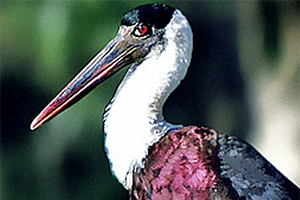
A Guidebook Highlighting the Beautiful Birds of Cambodia’s Sandan Ecotourism Site
April 21, 2017
Phnom Penh, Cambodia – 21 April 2017 – In celebration of International Earth Day, the USAID Supporting Forests and Biodiversity Project (USAID SFB) is offering a free, easy-to-use guidebook about the birds at Kampong Thom’s Sandan community-based ecotourism site. The guidebook, which can be downloaded free, has high-definition pictures and detailed information about 50 significant bird […]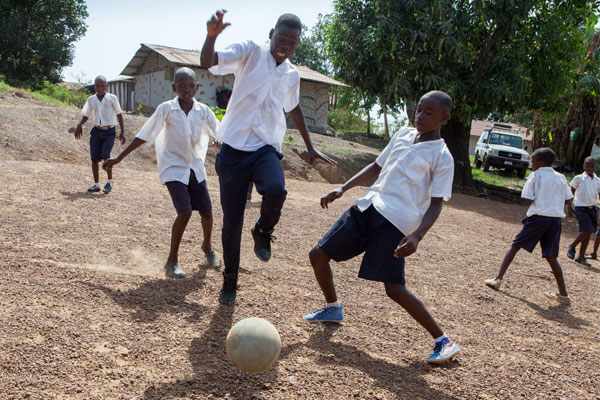
Liberia rallies the fight against child labor
April 20, 2017
Winrock’s communications officer for the ARCH project, Victor Z. Davis, produced this short film about Jerry’s journey from rubber tapper to prosperous pork producer. The video features photos by award-winning photographer, Paolo Patrizi. At the National Sustainability Conference on Child Labor in Monrovia, Liberia, children chat and laugh as they look at photos on the wall. […]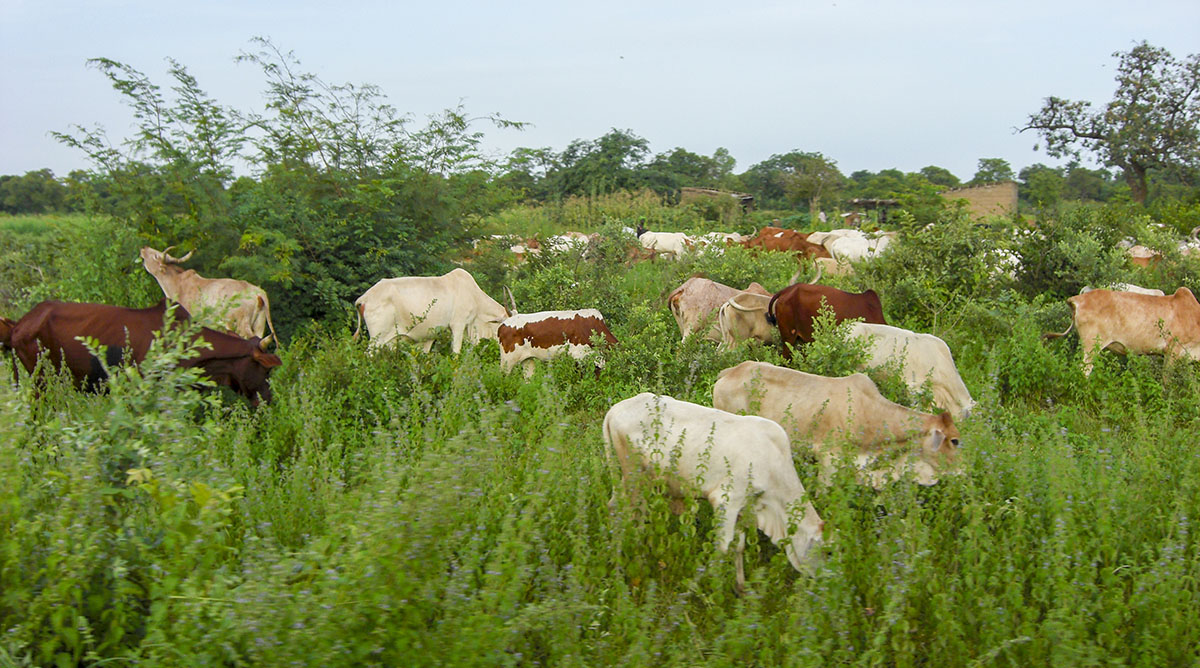
Supporting African Livestock
April 13, 2017
By John McCormack, Senior Technical Adviser, Agriculture and Enterprise Traditional communities in Kenya and other arid regions of the world have for generations found ways to sustain their livelihoods by being mobile across borders. Such an approach is even more necessary today, when drought, political issues and conflicts over mineral resources are putting pressure on […]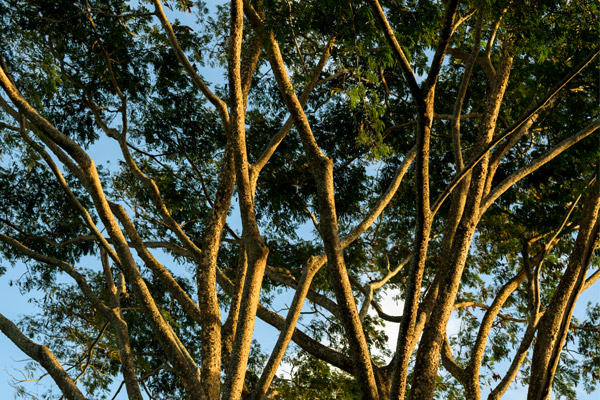
Anatomy of a Breakthrough
April 10, 2017
By Anne Cassidy; illustrations by Jessica Kelley When viewed from above, deforestation is a brown gash in a green world, vivid proof that what once was verdant has succumbed to the axe or the bulldozer. Forest degradation — the loss of trees from logging, fires or harvesting firewood — is much more difficult to detect, […]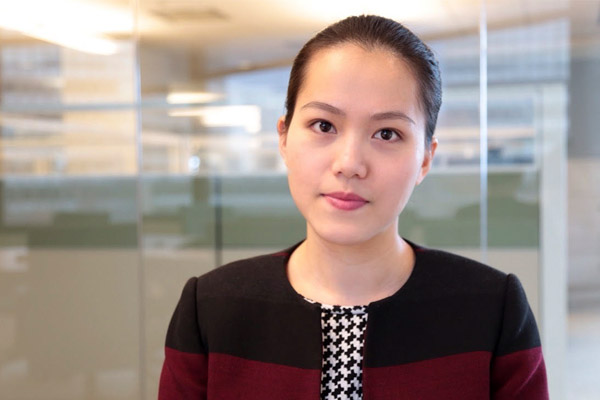
The Journey from Research to Policy
April 4, 2017
Since the 1980s, Winrock has implemented multiple projects in Bangladesh, one of which is the USAID-funded Climate Resilient Ecosystems and Livelihoods (CREL) project (2012-2017), which seeks to improve livelihoods and the environment. Under CREL, Winrock’s John D. Rockefeller 3rd (JDR3) Program, which supports evidence-based research by local researchers to inform policy, commissioned two research teams […]